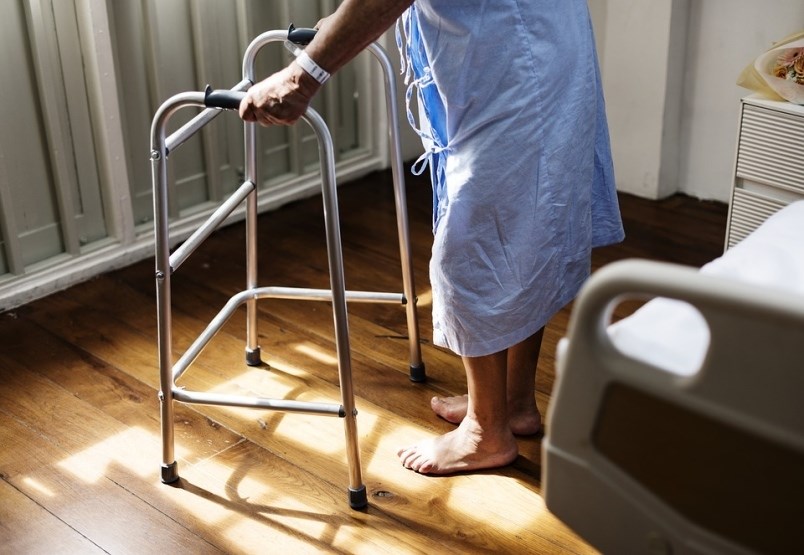My mom’s not a statistic but she ticked just about every box in the BC Seniors Advocate report of ongoing issues in the seniors care industry in 2018.
The report issued this past week provides a snapshot of the many supports seniors use to stay in their homes, stay healthy and get around the community.
But as the report showed, programs for frail elderly are not keeping up with the demand and the end result is people are ending up in emergency or staying in hospital longer than necessary because home care is inadequate.For me, the report is a confirmation of some of the frustrations my family has experienced over the past year as we watched my mother decline. It wasn’t until she was finally assessed — and agreed to — moving to a Fraser Health care home that our problems were mostly resolved, although her health has continued to decline.
It may come as a surprise to many but life in the care home is a marked improvement over independent living when home care services were inadequate and communication between the caregivers and family members was poor.
In fact, though the facility is somewhat dated, the place is small enough that it is easy to get the attention of a care aid for most needs, the food is good, staff are happy and the activities for the most part are satisfying for those able to participate.
But getting my mom into this care home was scary as we waited out the six-week delay until she could get an assessment. We were constantly worried about my mom as her ability to communicate — use the phone or the Lifeline to contact emergency services —worsened.
Her main problems were a lack of mobility — she needed someone to help her get out of her chair, for example — and confusion. And while home care increased to 20 minutes each morning and early evening, if she didn’t answer the intercom, the caregiver would sometimes simply leave and not tell us.
Family members took turns covering the daily gaps but, finally, it took a neighbor to call the ambulance one day when they heard my mom calling for help. She was taken to hospital to be stabilized and it was the hospital staff who helped us get an assessment before the originally scheduled date.
Finally, we got someone to listen to our concerns but it took an ambulance call to finally get our issues addressed.
My mother’s experience perfectly highlights some of the issues raised by the report issued by Isobel Mackenzie.
Too frail to use the adult daycare program by the time it was made available to her? Check.
According to the report, on March 31, 2018 there were 1,526 clients waiting to access these services, 23-per-cent more than last year on the same day, and the average wait time ranged between 42 and 112 days.
Challenges in obtaining home care services as her condition worsened? Check.
In Fraser Health, home care services actually decreased by 3.5 per cent in the last year.
Emergency visits when her health issues worsened and a lengthy stay in hospital when her condition improved because home care wasn’t available and finances and family couldn’t cover nighttime care. Check. Check.
Adults 85 and older make up the largest portion of people in alternative care in hospital at 24 per cent and their average length of stay in hospital is two times longer for the frail elderly then for all seniors.
Could mom’s emergency room visit to the hospital have been avoided? Possibly she would have ended up in hospital eventually. But families shouldn’t have to expect a disaster to happen with their loved one before they get the services they need.
Thank goodness that MacKenzie and her office are keeping watch on the issues that are affecting seniors in B.C.
My mom is a loving, hardworking and accomplished woman and shouldn't be a statistic, but it’s sad that over the past year she became one.
Diane Strandberg reports on education, environment and social issues for the Tri-City News.



